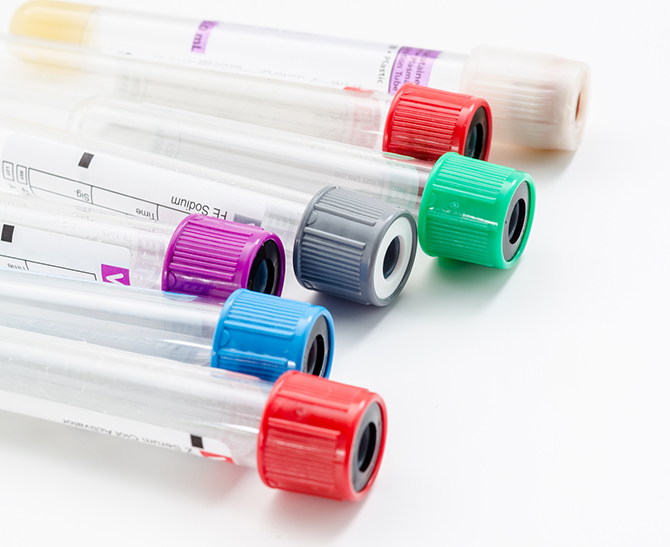Uterine Disease
Fibroids are noncancerous growths that develop in or on the uterus. They can interfere with becoming pregnant by making it difficult for a fertilized egg to attach to your uterine wall. Fibroids may also develop outside the uterus, compressing or blocking your fallopian tubes, thus preventing sperm from reaching your egg.
Women with fibroids are often unaware they have them until they experience issues becoming pregnant. Others experience painful or irregular menstrual cycles or have pain during intercourse. They may even have difficulty moving your bowels or urinating.
We don’t know why fibroids form. But, we do know they need estrogen to grow. So, they often shrink after menopause, when a woman’s estrogen level decreases.
More than 200,000 women in the US are diagnosed with Endometrial polyps per year. They are most common in women who are undergoing or have completed menopause. Polyp size varies and symptoms include irregular menstrual bleeding and bleeding after menopause. Treatment options include hormone medications and surgery.



